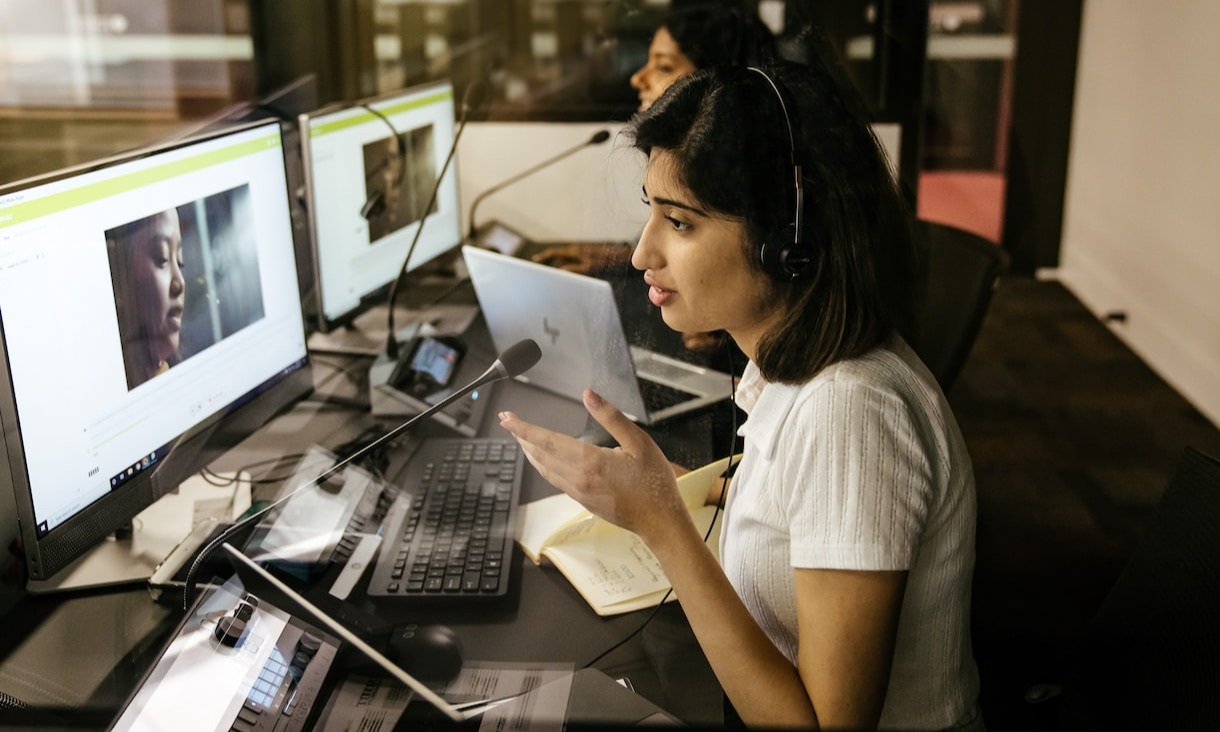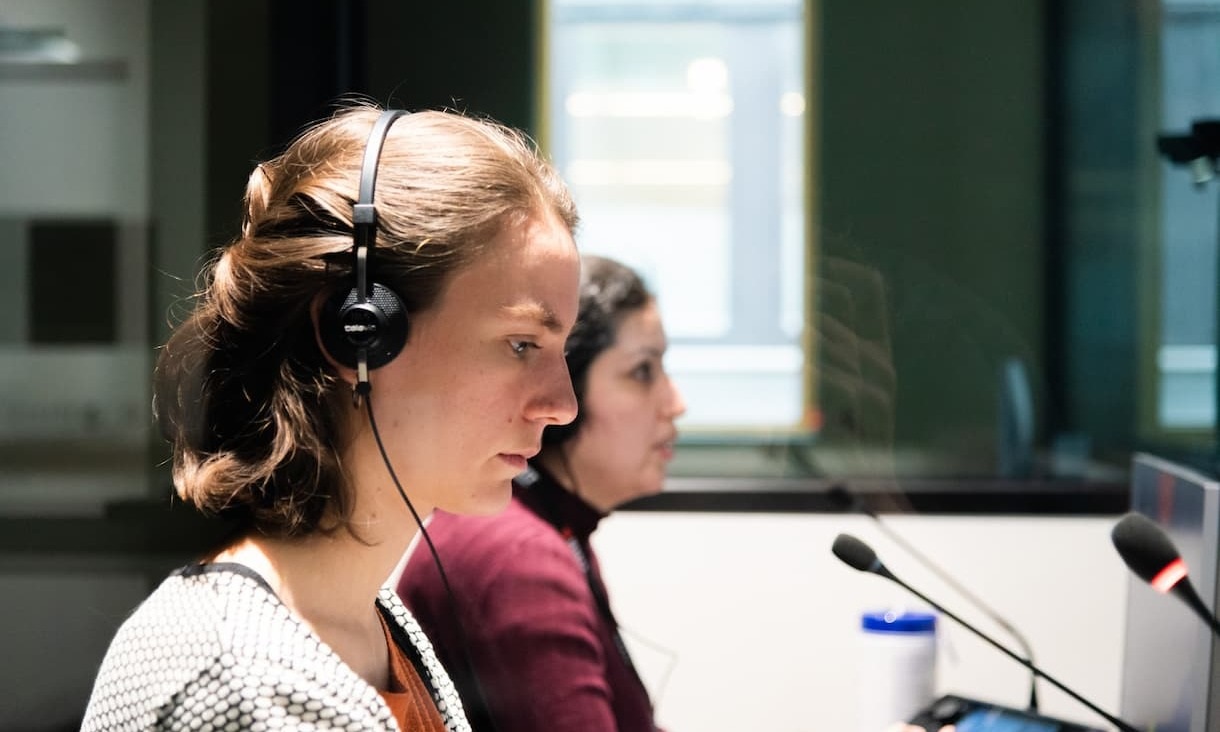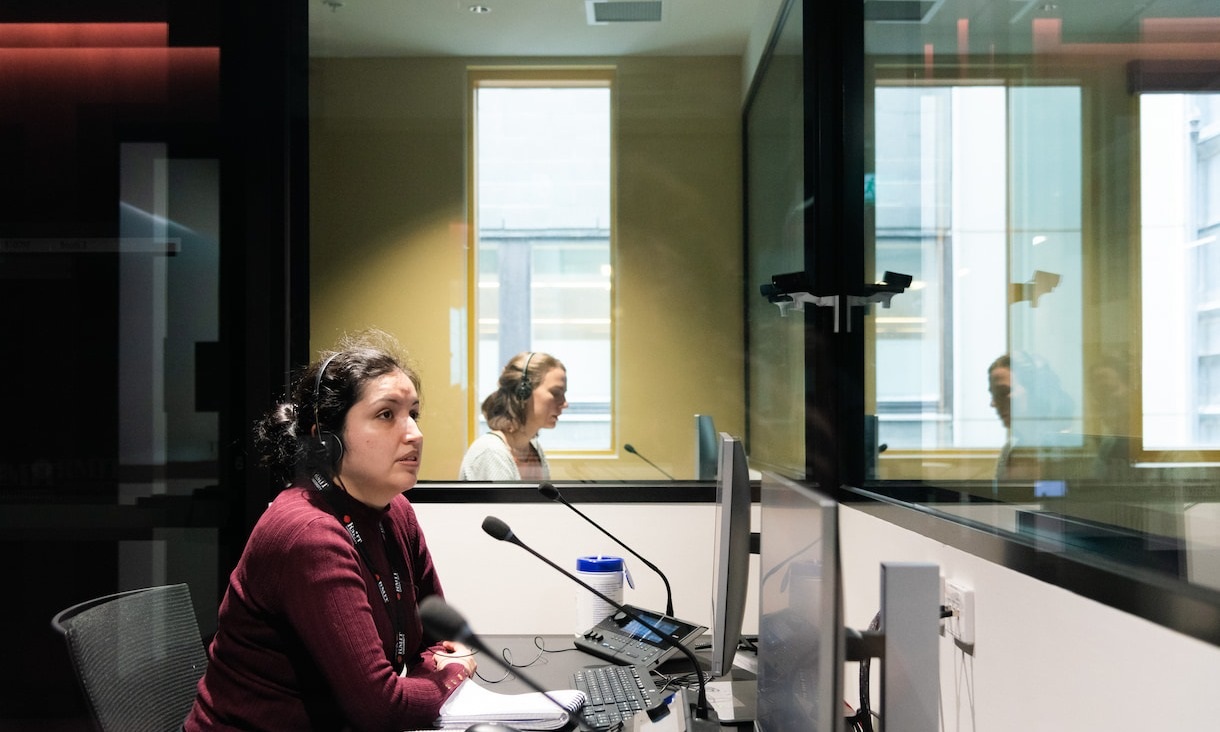You must submit a personal statement outlining
- the language other than English (LOTE) you would like to study in the program
- if you want to study interpreting, translating or both streams?
- if you are applying to study the translation stream or both the interpreting and translation streams, what is your preferred translation directionality (LOTE into English or English into LOTE)? Please note only one direction can be studied in the program. We recommend that you translate into the language in which you are most proficient.
If your bachelor degree was undertaken in English, you must complete a languages other than English (LOTE) test, which includes reading, writing and translating from your second language into your first language (one of them should be English). The program staff may also make arrangements for a brief interview if it's deemed necessary.
If your bachelor degree was undertaken in the LOTE you wish to study in this program, you must satisfy the English language requirements below.
If you do not have a bachelor degree, or your degree was undertaken in a language other than English that is not the language you wish to study in this program, you must complete a LOTE test (which will be provided after you submit your application) and meet the English language requirements below.







